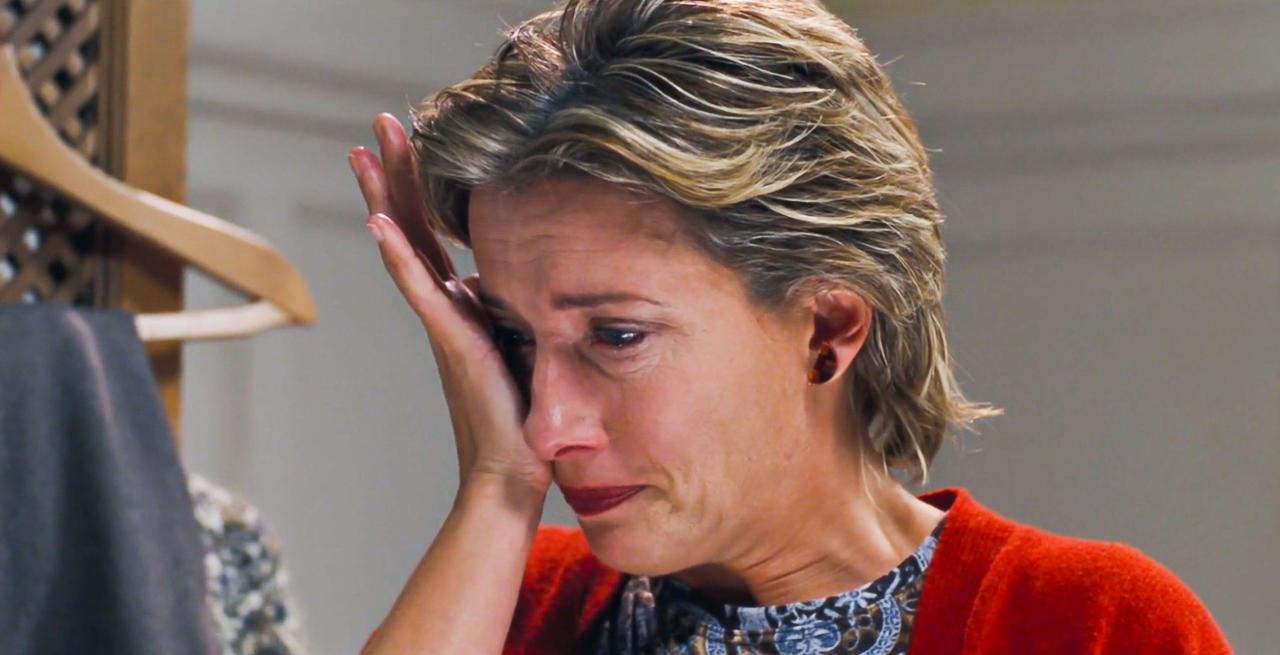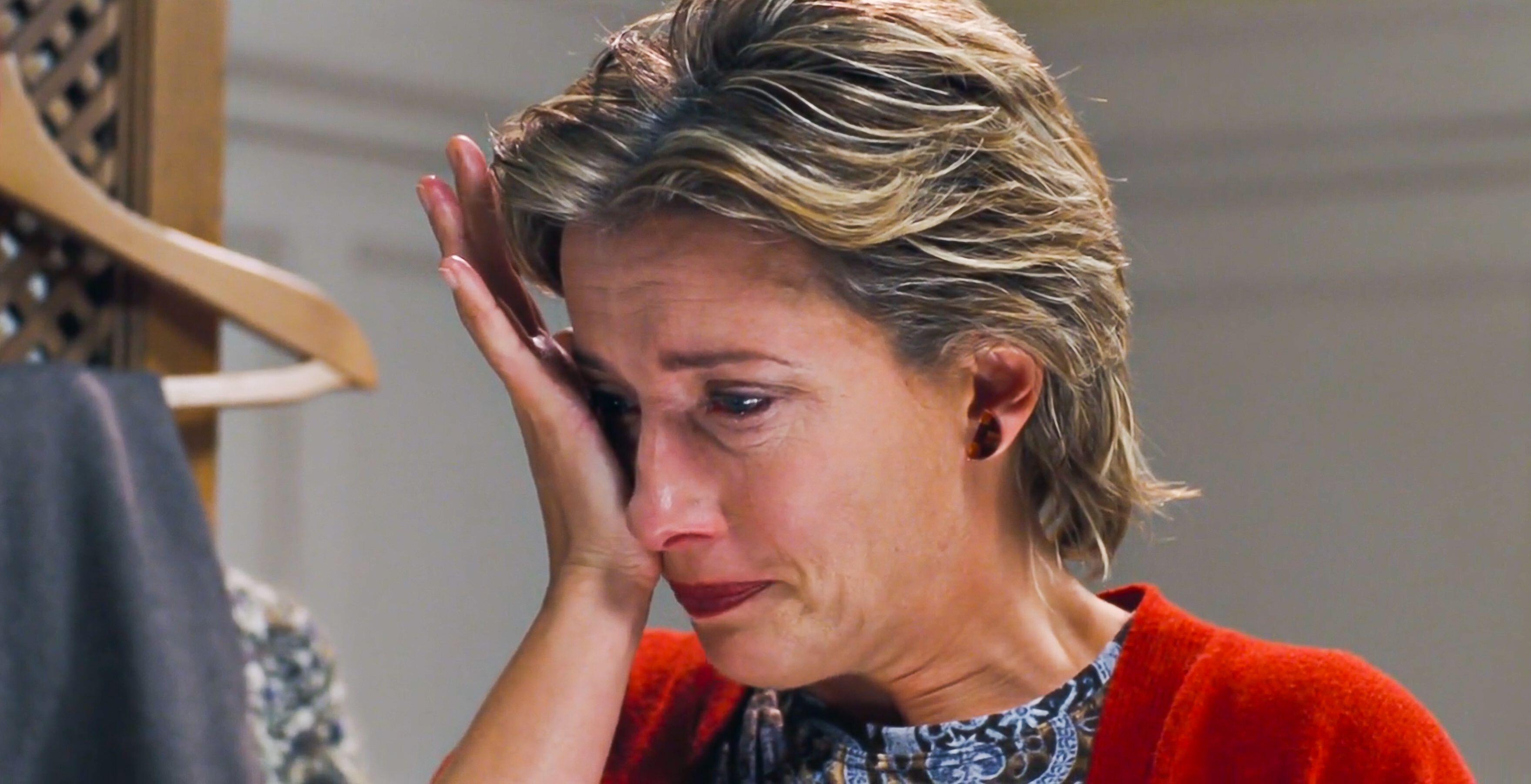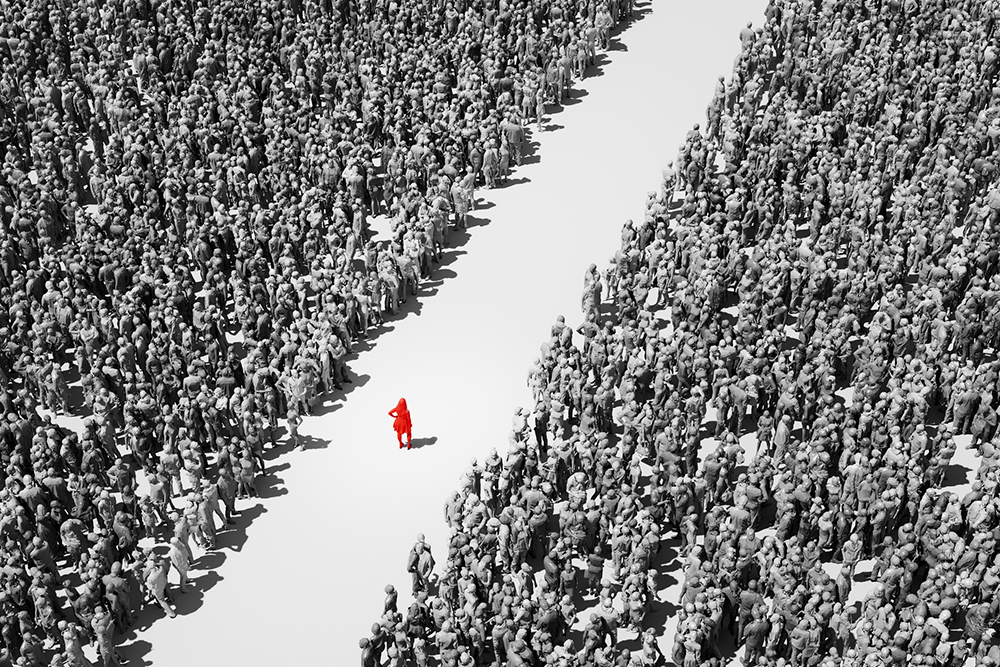I must admit to being somewhat taken aback on reading – in a new survey by the Hologic Global Women’s Health Index, whatever that is when it’s at home – that we women of Blighty are sadder and more ‘stressed’ than our sisters on the European mainland. Odd because I’ve always found us a cheerful bunch; after all, we were churning out the Carry On films, graced with Babs Windsor’s lusty chuckle, while French, Italian and Scandinavian film actresses were all looking like they’d lost a fiver and found a euro.
Being jolly has for some time been seen to be the mark of a peasant
But apparently, of the 79,000 women across 143 countries surveyed, 32 per cent of British women felt sadness the previous day ‘compared with 26 per cent of women in the EU’ according to the Times. (I can see where this one’s going – it’s not just Rufus Wainwright’s musical closing early that Brexit’s to blame for, it’s the fact that your wife is scowling at you.) We’re also more ‘stressed’ (not my favourite word, as I can’t imagine anyone saying it during the Blitz) than those ladies still lucky enough to be labouring under the Brussels yoke. One in three British chicks claimed they felt sad the previous day, up from one in five three years ago.
There are several reasons why British women may be feeling a bit less cheery than they did in 2021. The cost of living crisis. Pubs closing; an increase of 80 per cent from 2022 to 2023. The television soap operas – mostly watched by a female audience – have become extraordinarily depressing. They were once providers of light-hearted chuckles; now, particularly Coronation Street, in which the women of Weatherfield who were once brawling sex bombs or humbug-sucking acid drops, have turned into a variety of drips, drabs and dreary doom-mongers, interchangeable issue-havers dealing with anorexia, cyber-stalking, early menopause and sex-tape-shaming as a kind of tag team of trauma. Soaps today feel like sitting in a doctor’s waiting room without a book, losing the will to live as you plough through public health pamphlets.
But there’s another reason why women might report as more miserable than before. Being jolly has for some time been seen to be the mark of a peasant; over the past couple of years perfectly OK people have flocked to be diagnosed with all kinds of neuro-diverse problems whereas once they’d have written a book, bagged a new job or generally pulled their socks up. Feeling sad is quite normal; sadness is often a fleeting feeling, occurring perhaps on realising how rubbish our Eurovision entry is, or when our favourite skirt doesn’t zip all the way up to the top – often we shake it off when the sun comes out. But by pathologising everything short of perfect happiness, we’re in danger of misrepresenting ourselves as being more miserable than we actually are. It’s got to the stage where it’s almost like being sad makes you a sensitive person, and being happy makes you a shallow one. ‘I didn’t know my being happy would piss so many people off,’ Anne Hathaway’s character tells her friend in the new film The Idea Of You. ‘People hate happy women,’ her friend replies. It’s easier to mope along with the crowd rather than draw envious attention to oneself by shamelessly enjoying life.
My scepticism at just how deep our collective national sorrow goes was heightened by reading in Elle earlier this year about ‘The Frazzled English Woman Trend’. ‘The modern state of being busy has landed on the catwalk, bringing with it an intentional decision to abandon polish and embrace the messiness of modern life.’ Naomi Pike wrote: ‘Where memes of Bridget Jones and The Holiday’s Iris Simpkins became exemplars of the messy scarf-swathed look. But the trend really began to gain force when the SS24 catwalk signalled the arrival of a new style that anyone with a chaotic diary would recognise.The looks placed a focus on hastiness: irregularly splayed collars, untucked shirts, bags spilling over, a ramshackle palette and messed-up hair all became legitimate styling tricks championed by fashion’s biggest players on the runways.’
Because there’s only one thing worse than being too busy – and that’s not being busy enough. As AI cuts a swathe through jobs, it’s become a badge of honour for busy bees like me to complain that we’re ‘snowed under’ and ‘up to our eyes’ – whereas what we’re really saying is ‘get a load of me. No machine can do what I do. I’m special!’
But what would those who worry about our delicate feminine health balance do if we did slow down and stop earning money? Well, we couldn’t buy their products, for a start – and as ‘wellness’ has now joined ‘pampering’ as a cushy way to drain the disposable income of women insecure about beauty and ageing, that’s a whole lot of moolah. ‘Balance your hormones in seven natural steps!’ Holland & Barrett encourages us. ‘Discover seven natural ways to help prevent the hormonal see-saw!’ – followed by the instruction to ‘shop women’s health’. And here are caring, sharing Hologic themselves, flogging stuff to doctors: ‘The Science of Sure reflects who we are as a leading innovator in women’s health, helping healthcare professionals around the world diagnose and treat their patients with precision, certainty and confidence.’ There’s gold in them there pills.
If women want to be a bit happier, I’ve got a suggestion. When you manage to grab some me time, make sure you make it about you. Don’t, as the head-patters suggest, waste it on ‘pampering’ or ‘wellness’; you’ll only end up feeling resentful that even your alleged leisure time was spent being pummelled and plucked so that men – who generally just wash and go – might find you less revolting. Take a tip from men; don’t ‘grab a coffee’ with a similarly castrated ‘girlfriend’, instead go out to watch something you love (if you find sport a bore, go and see a band you were mad about as a youngster – they’re always on nostalgia tours), eat pizza till it hurts, get drunk with a raucous chorus line of mates. Trust me, fellow daughters of Albion, you’ll cheer up in no time








Comments